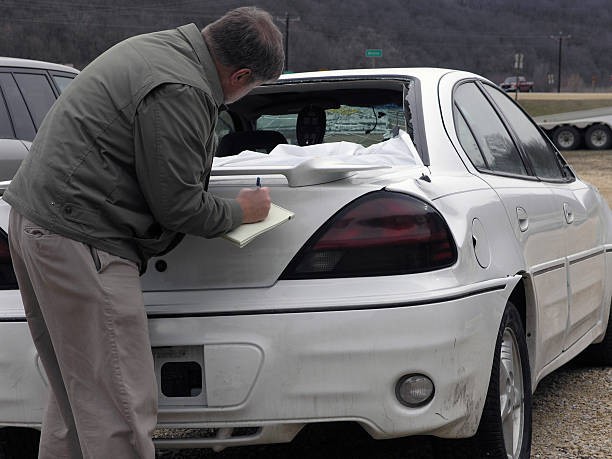Running a dealership means keeping every part of your business compliant, including the vehicles you sell. When it comes to rebuilt inspections for dealers, understanding the process and preparing the right way can save you time, money, and stress. Dealers who stay informed about inspection requirements not only protect their reputation but also ensure their vehicles meet all legal standards before display on the sales lot.
What Rebuilt Inspections for Dealers Really Cover
A rebuilt inspection is not a full mechanical check. It is designed to confirm that a salvage vehicle has been properly repaired and that all major parts used in the repair process come from legal, traceable sources. Inspectors carefully verify ownership documents, part receipts, and VIN numbers to ensure no stolen or mismatched components are used.
It is important to know that inspectors are not certified mechanics. Their job is to confirm the accuracy of records and compliance with state laws, not to guarantee that the vehicle is road-ready or safe to drive. This distinction helps protect both inspectors and dealers from misunderstandings about what these inspections actually entail.
Why Dealers Should Prepare Early
Dealers often manage multiple vehicles at once, so preparing early for inspections can prevent unnecessary delays. Having all the required paperwork ready, including original receipts for replaced parts, proof of ownership, and photos of the damage, will make the process smoother.
Common Mistakes Dealers Should Avoid
Many dealers fail inspections because of missing or unclear documentation. Even small errors like ineligible VIN plates or mismatched receipts can cause a rejection. Before scheduling an inspection, double-check the following:
- All part receipts clearly show the seller’s name and contact details, and are issued under the rebuilder’s name.
- VIN numbers on the vehicle match the title and all major replacement parts.
- All repairs are complete, and no damaged or unsafe areas remain visible.
Another mistake is assuming an inspection guarantees road safety. Dealers should still have vehicles reviewed by a licensed mechanic before selling them, ensuring customers receive safe and reliable cars.
How to Ensure a Smooth and Compliant Inspection
To pass with ease, dealers should treat the inspection as a legal verification step rather than a repair check. Keep records organized, label receipts, and ensure all paperwork is easy to read. Photos of the repair process also help inspectors verify that the work was done properly.
It’s wise to schedule your inspection only after confirming that the vehicle meets all state guidelines. Doing this reduces back-and-forth communication and helps you get your rebuilt title faster.
Final Thoughts
Rebuilt title inspections are a key part of keeping your dealership compliant and trustworthy. By understanding the inspection’s purpose, preparing your paperwork carefully, and avoiding common mistakes, you can pass inspections quickly and keep your operations running efficiently. If you are looking for professional support to complete your process smoothly, consider using a rebuilt title service in Florida to make the entire experience faster and more reliable.
Visit Us: https://maps.app.goo.gl/gTcJbkfeFi3vdn579





Comments